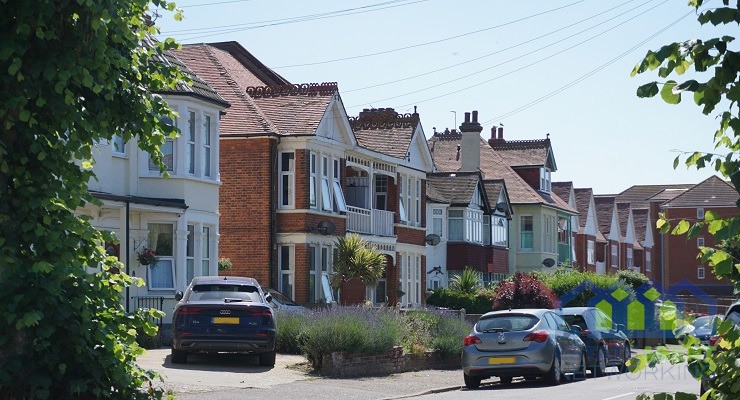Are You Worried About Getting A Mortgage?
There is no doubt that mortgages are very worrying too a lot of people. Of course, it’s easy enough to understand why. After all, a mortgage is quite possibly the biggest loan you will ever have in your life, and being in that much debt can be frightening. However, it doesn’t have to be a worry, and there are many things you can do to ensure that you approach it right, and make the most of the situation. As it happens, in fact, that might be easier to achieve than you think.
Here we are going to look at some of the things you might want to know about getting a mortgage, which might help you to have a better approach to it in general. As long as you take the following into consideration, you should find that you can get a mortgage with no early repayment charge more easily and make it really work for you.
The Issue Of Credit Rating
Of course, most people know that it generally helps with getting a mortgage if you have a decent credit rating. However, that is not to say that it’s absolutely essential. You should always try to keep your credit rating as high as you can possibly get it, because that gives you as many options as possible, and having more options means that you have a much better chance of borrowing safely.
However, if you find yourself with poor credit, it’s not the end of the world. There are a few things you can do. First of all, you can actually get bad credit mortgages, which are designed specifically for those with poor credit. So knowing that this is an option can be really helpful if you are worried about the situation.
Alternatively, you can spend some time working to improve your credit rating, which might actually be easier and simpler than you think. To do this, you first need to pay off your debts, or as much of them as you can, and then actively borrow in a positive way – meaning that you borrow money, pay it off early, and repeat. This can help to boost your credit considerably.
It’s always possible to increase your credit rating, so if yours is low, don’t worry.
Borrow Only As Much As You Need
This might sound obvious, but it’s hugely important to make sure that you are only borrowing as much as you actually need to. When you borrow more than you strictly need to have in order to buy the property, you’re just getting into extra debt needlessly. Sometimes people try to borrow more through a mortgage so that they have some leftover for repairs and renovations and so on, but this is not the wisest approach because a mortgage is not the cheapest kind of borrowing.
Instead, if you do need money for that kind of purpose, consider making use of an overdraft or perhaps a credit card. That will generally mean that you have a lot less to pay back overall.
Save Up For A Bigger Deposit
As a general rule, the bigger your deposit is, the less of a risk you are seen to be by the lender. That means that having a bigger deposit opens you up to many more lenders and mortgage providers, and you absolutely want to have as many options as possible when it comes to things like this. So it’s usually worth spending a bit more time trying to save the biggest deposit you possibly can, in order to increase your number of offers in terms of mortgage providers.
That might mean saving on a lot of your outgoings, increasing your income, or ideally a bit of both. You might need to do that for months or years to really put aside enough money, and if so it is certainly worthwhile. It will keep your options open and make borrowing a lot less stressful and worrying, which is of course a hugely important thing.
How Employment Status Affects Your Chances
This is something else that can make a difference to how likely you are to get a mortgage. For instance, it is traditionally a little trickier for freelancers to get mortgages, because their income is seen as less certain. If you are a freelancer or self-employed, you should consider looking into some other mortgage options – such as mortgages for freelancers, which are becoming more and more common as it applies to more people than ever.
You will be unlikely to change your income status just to try and get a mortgage, so this is something that you should remember. But it’s just good to be aware of what kind of a difference it can make, to help you with the process and to get ready for it.
Be Careful When Applying For Credit
When you last applied for credit can really make a huge difference to how you go about getting a mortgage, and in particular how lenders view you throughout this process. In general, you should avoid applying for credit just before applying for mortgages, because that recent activity tends to work against you. As far as possible, try to avoid applying for any kind of credit in the three months leading up to getting a mortgage. That includes mobile phones, credit cards, really anything that counts as credit, so you need to be careful here.
Cut Your Spending
It’s likely that they will also want to look at your spending and how you approach your money in general, and many providers ask to see the last three months’ bank statement to corroborate this. So it’s vital that you are cutting back on your spending as much as possible. The idea is to display that you have good discipline when it comes to your finances, because that makes you a much lower-risk individual to work with.
Those are the main things to remember if you are keen on trying to get a mortgage.







